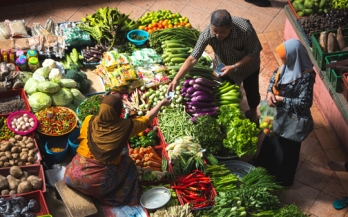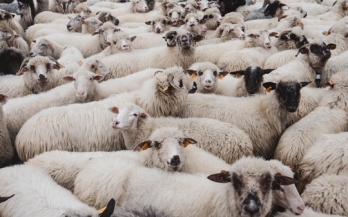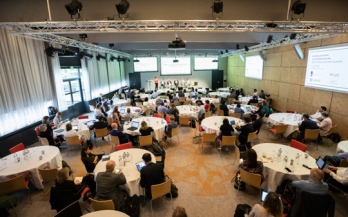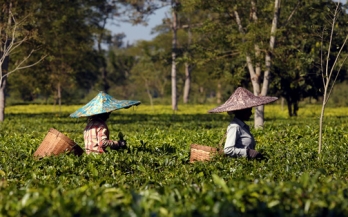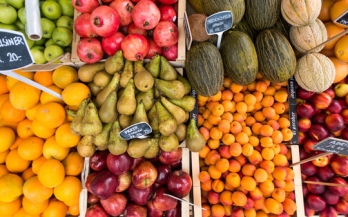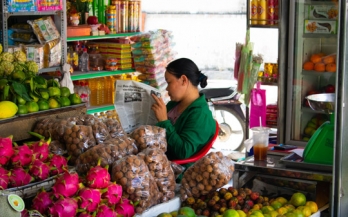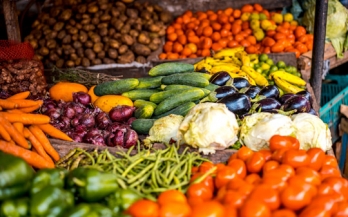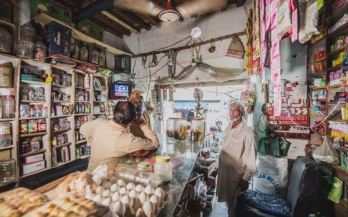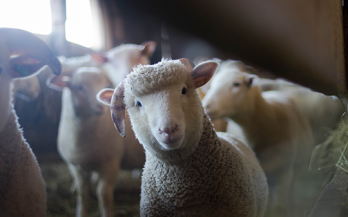- 22/05/2020
The COVID-19 pandemic and associated control measures have been having far-reaching effects on societies worldwide, and food systems have not been spared. To better understand these impacts, GAIN and partners, including the Scaling Up Nutrition (SUN) Business Network, undertook a survey of over 350 food system SMEs in 17 countries in early May 2020, aiming to assess the impacts of the COVID-19.
- 20/05/2020
Animal-source foods (ASF; meat, poultry, fish, dairy, and eggs) have attracted considerable attention for both their role in diets and their environmental impacts - and their production also plays an important role in livelihoods, particularly in low- and middle-income countries (LMICs).
- 24/10/2019
The Building Business Contributions for the 2020 Global Nutrition Summit conference in The Hague took place as part of Workstream 2 on food systems, which is coordinated by the UK Department for International Development (DFID) and the UN Food and Agriculture Organization (FAO).
- 01/05/2020
Nutrition programmes within commodity value chains provide a unique opportunity to improve health outcomes for workers, farmers, their households, and communities. They bring benefits to communities, businesses, governments, and markets. In order for these programmes to be viable in the long term, businesses need to be willing to invest, and the business case for doing so must be understood.
- 19/12/2019
This paper posits the urban food environment as an extremely useful policy-making framework for developing actions to improve nutrition, as it is the point at which people and food interact. It describes the nutritional challenges of urban areas and how urban food environments influence nutrition through the affordability, physical access to, convenience and desirability of healthy foods.
- 27/04/2020
The world is urbanising rapidly, and malnutrition in urban areas (including both undernutrition and overweight/obesity) is an increasing problem. City policymakers in all countries are well placed to address urban malnutrition by virtue of their access to a wide variety of policy-level entry-points to food access and physical activity.
- 02/04/2020
Food supply chains are challenged to deliver affordable, safe and nutritious food. GAIN has developed a tool for analysing specific supply chains identify weaknesses or bottlenecks and suggesting potential interventions to improve nutrition along the supply chain, i.e. Supply Chain Analysis for Nutrition (SCAN). Supply chains structure how goods and services move from producers to consumers and are key components of the food system.
- 27/03/2020
Devising strategies to support consumer food choices is a high priority for the food systems and health agenda. Front-of-package labels (FOPL) provide visible nutrition information on packaged foods and have been introduced in 55 countries.
- 27/03/2020
Most front-of-pack labelling (FOPL) systems operate in high-income countries (HICs) on packaged foods purchased in a supermarket setting. To explore the role that FOPL and other types of visual cues could play in supporting consumers’ ability to choose nutritious foods in LMICs, GAIN convened three workshops in 2018-2019.
- 28/02/2020
Animal-source foods (ASF) have long been important components of human diets, providing essential macro- and micronutrients. However, ASF production has increasingly been scrutinised as a driver of negative global environmental change, including climate change.
